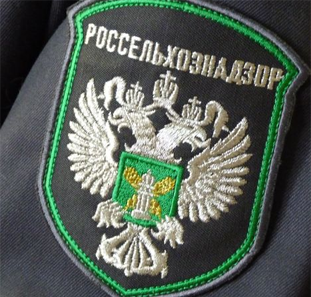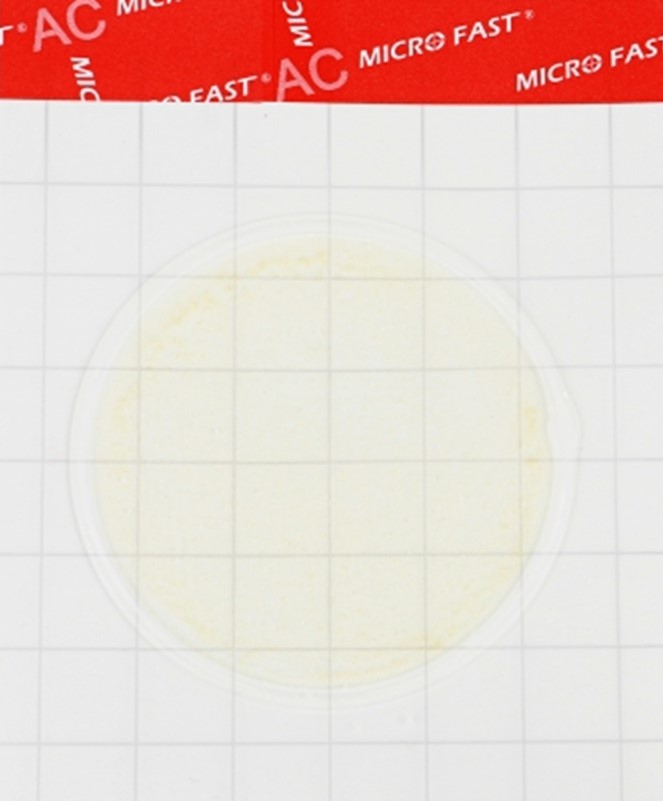Highly pathogenic avian influenza is spreading in the Kaluga region

The number of outbreaks of highly pathogenic avian influenza in the Kaluga region has increased from six to eight, the regional government said. The disease was recorded in Babyninsky, Maloyaroslavetsky, Zhukovsky, Sukhinichsky, Dzerzhinsky, Zhukovsky, Borovsky districts and the suburbs of Kaluga. Quarantine has already been introduced on the territory of Kaluga and the Dzerzhinsky district, documents are being prepared for the rest of the territories.
Last week in the Kaluga region, it was decided to seize and destroy all poultry in households in areas where avian influenza was detected. The issue of monetary compensation to the population is being considered. The sale of live birds will also be banned in the districts. At large poultry farms, it is recommended to strengthen disinfection and introduce a rotational work schedule for employees. Prodo Poultry Farm Kaluga got into the first quarantine zone of one of the outbreaks.
According to a company representative, all safety measures are observed at the production site. “This is, in fact, a closed enterprise. And everything that enters the territory of the poultry farm from the outside undergoes careful control and sanitization. Also, every person entering the enterprise undergoes a thorough sanitization,” the company’s press service commented. — These measures are designed to minimize the likelihood of the introduction of avian influenza pathogens into the territory of the poultry farm. In addition, the livestock undergoes all preventive measures provided for by law. Multi-stage strict control makes Prodo Poultry Farm Kaluzhskaya a facility with a very high degree of biosecurity. And regular checks by supervisory authorities confirm this.”
The outbreak of avian influenza in the Central Federal District is very alarming: there is a possibility of a repeat of the situation that began in 2014-2015 and continued in 2017-2018, when the main source of infection was the supply of poultry to household plots from private farms, says Albert Davleev, President of Agrifood Strategies . According to him, it is very difficult to monitor the condition of poultry in non-industrial production, and its sale to private farms is carried out in the spring and summer throughout the country, and it is impossible to fully control these sales. “Veterinary certificates, certificates may be issued, but no one knows how the livestock is vaccinated, in what condition it is. It is this kind of phenomena that has led in the past few years to the infection of vast territories - from the western borders of the country to the middle Volga region, "
Albert Davleev, President of Agrifood Strategies
Unlike most countries affected by avian influenza, in Russia in the 2021/22 season the situation at poultry farms remains under control thanks to the safety measures that have been taken at the production facilities. But at the same time, a paradox occurs: the State Duma approved, and the president signed a law allowing keeping poultry in summer cottages in garden partnerships, which leads to even greater risks: now garden partnerships have been added to the uncontrolled keeping of poultry in household plots .. It is generally impossible to control how as a rule, veterinarians do not reach such poultry houses. It is not clear why this law was passed. To alleviate the economic situation of our citizens? Probably yes. But if these horticultural associations become a source of infection for industrial herds, then the damage will be multi-billion, and most importantly, the number of livestock across the country will decrease, and the price of poultry meat will go up. We have had such situations before.
It is necessary to strictly control the livestock distributed in household plots and gardening associations, Davleev believes. But the problem is that it is unlikely that the regional veterinary services have the resources to monitor each site. “That is, the law has been adopted, the mechanism of its work has not been spelled out, and there is no financial structure that would guarantee control over the observance of the strictest veterinary rules by the population. This law has already led to huge losses and calls into question the existence of poultry farms,” he emphasizes. According to him, the National Union of Poultry Breeders, the National Association of Turkey Producers, Rosptitsesoyuz urged the Ministry of Agriculture and the State Duma not to pass a law allowing poultry to be kept in summer cottages.
Highly pathogenic avian influenza continues to damage the global poultry industry. From July 9 to July 15, ten countries reported 87 new outbreaks of the disease, according to the Rosselkhoznadzor website . The largest number of outbreaks during this period was recorded in the Netherlands - 32, slightly less in the USA - 25. Also, new foci were noted in Belgium, Great Britain, Germany, Norway, Finland, Sweden, Canada and South Africa. New foci are fixed in the population of domestic, wild and zoo birds. In most cases, the infection is caused by the H5N1 virus subtype, in Norway it is H5N5. In the United States, the disease also spreads among mammals: the infection has been reported in seals.
Earlier, Rosselkhoznadzor drew attention to the difficult situation with highly pathogenic avian influenza in European countries, where more than 3,000 outbreaks of this disease have been recorded since the beginning of the year. Representatives of the department cited the epizootic situation in Russia for comparison. From the beginning of the year to July 12, 21 outbreaks of bird flu were registered in our country. For the entire last year - 67. “Despite the fact that almost all the main migration routes of migratory birds that spread the virus pass through the country, Russia manages to maintain epizootic well-being due to the high level of biosecurity of enterprises, a strict system of veterinary control and the regionalization of the country's territory for animal diseases, as well as the traceability of raw materials and products through the information systems of Rosselkhoznadzor,” the service reported earlier.




























































